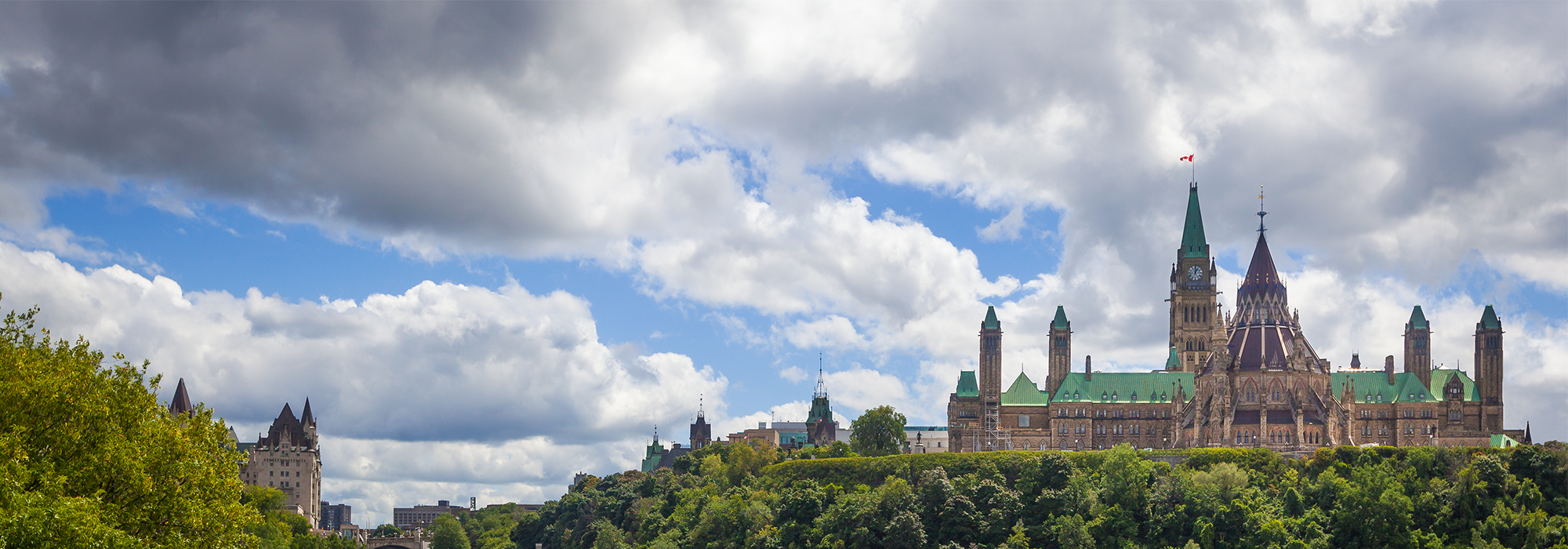
One does not disagree with those one admires without some trepidation. And so it is disquieting to me that I feel compelled to dissent, in part, from Grégoire Webber’s yesterday’s post describing the Liberal Party of Canada as the “Charter Party.” Now, insofar as Prof. Webber wanted to commend Justin Trudeau and his government for taking seriously what he describes as the “promise … to have government and Parliament actively and consciously committed to the respect, protection, and promotion of rights,” embedded in the Canadian Charter of Rights and Freedoms, I agree with him. Indeed, I think that Mr. Trudeau deserves credit for taking not only the Charter, but other parts of the constitution ― for example, the requirement that the government see to it that Senators are appointed ― seriously. But I am concerned by the association prof. Webber makes between the Charter and a political party.
It is true, of course, that historically the Charter is the legacy of a Liberal government. It is true too that the Liberal party has long sought to “claim to be the Charter Party,” in prof. Webber’s words. Indeed, the Liberals’ competitors and opponents have often seemed happy to let them do it ― witness Stephen Harper’s alleged hatred for the Charter, and the Québec nationalists’ rants about the « Charte à Trudeau ». Still, I think that impartial observers should not allow the Liberals’ lay claim to the Charter as if it were their heirloom.
It is not only, and not so much, because the Liberals’ Charter-hugging rhetoric sometimes falls short of the reality, though we should not forget that it does. Even the Charter-focused mandate letters that Mr. Trudeau delivered to his cabinet contain the seeds of possible constitutional violations, as I have argued here. More importantly, however, it is because I think it dangerous to associate a part of our constitution with a political party ― and that party’s changing fortunes ―, especially if we value that part of the constitution. As a monarchist, I was distressed by the Conservative’s ostentatious adulation of, and indeed obsession over, the Queen, because I did not want the monarchy to become a partisan issue, to its inevitable detriment. Similarly, it is because I value the Charter that want to resist the attempts to associate it with the Liberal Party, which, however popular it might be now, will not always remain so. When Mr. Trudeau’s approval rating falls, it should not drag down the Charter‘s with it.
Prof. Webber is right to emphasize that “that the first and most important responsibility for protecting, respecting, and promoting the rights of Canadians rests with government and Parliament.” But this responsibility, of which Charter is the embodiment in our constitutional order, is something whereof we ought to remind all parties that aspire to govern us. It is not just a political position that some of them may embrace and others reject. Acknowledging it is not the privilege of one, but the duty of all. As Chief Justice Rinfret once wrote, “the constitution of Canada does not belong either to Parliament, or to the Legislatures.” Still less, I believe, does it belong to just one faction in Parliament. The constitution, the Chief Justice said, “belongs to the country and it is there that the citizens of the country will find the protection of the rights to which they are entitled.” Amen.







